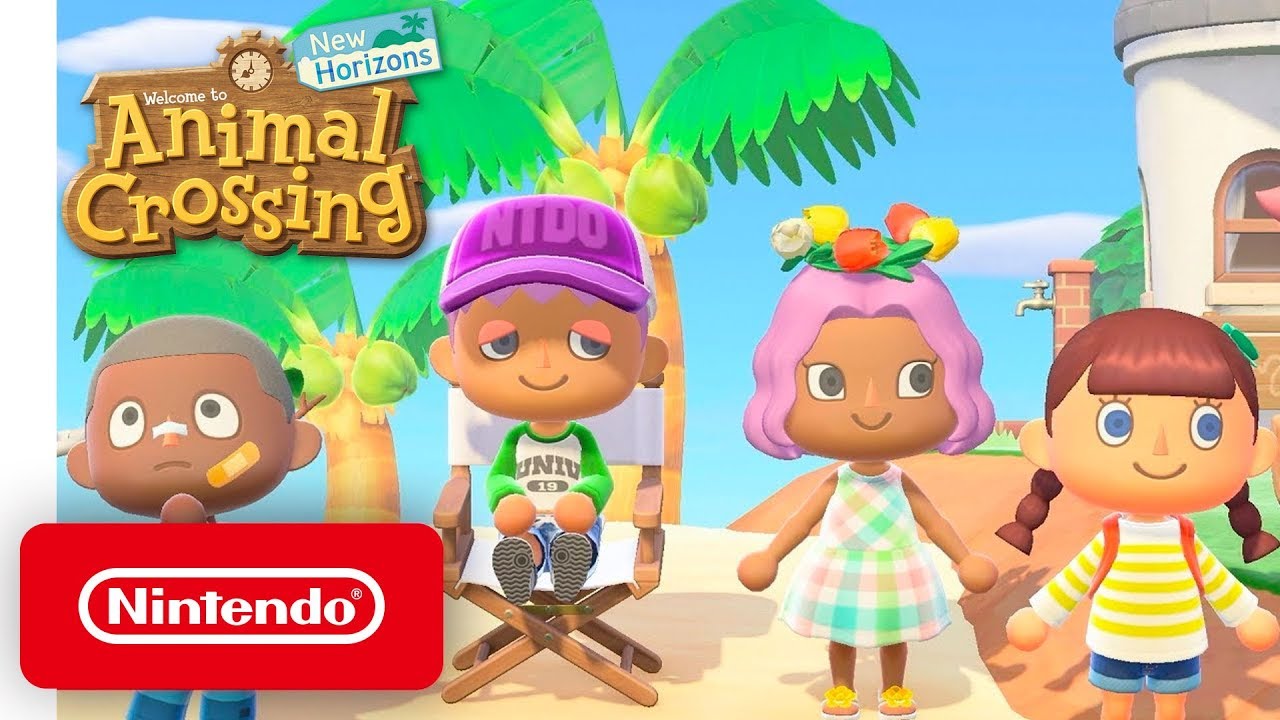Since the speedy debut of Sonic the Hedgehog in 1991, SEGA's beloved blue mascot has inspired numerous spin-offs, with Sonic racing titles standing out as enduring favorites among fans.
Over the years, games such as Sonic Riders and the Sonic Kart series have raced their way onto platforms including the Nintendo Switch, often generating both excitement and debate within the gaming community.
As these titles continue to evolve, questions persist regarding the balance between creative passion and monetization strategies driving their development. A recurring sentiment among longtime players is nostalgia for the original Sonic Riders games, released in 2006 for platforms such as the GameCube and PlayStation 2.
Many consider these early installments to embody genuine creativity and enthusiasm from SEGA's development teams.
The unique mechanics and vibrant presentation of Sonic Riders set high expectations for future Sonic racing releases. However, more recent entries such as Team Sonic Racing and Sonic Forces have elicited different reactions.
In a conversation drawing on this growing perception, observers have noted that new Sonic Kart games risk feeling more like profit-driven ventures than products of inventive design.
"It often seems that these titles primarily exist because Mario Kart is a proven seller," one source summarized, highlighting a widespread belief that SEGA aims to mimic Nintendo's commercial success.
While the visual polish and robust gameplay of Sonic Racing titles remain noteworthy, the introduction of extensive downloadable content (DLC) has sparked concern among players and critics alike. For example, Sonic Forces initially required players to pay extra for Super Sonic—an iconic character transformation—post-launch, a decision that generated considerable backlash and was later reversed.
Similarly, Sonic Colors Ultimate offered cosmetic DLC, including paid color swaps for Sonic’s shoes, while the Sonic Origins compilation charged users additional fees to unlock minor menu backgrounds and character features.
Critics argue that such practices, often unveiled alongside broader Nintendo Direct or eShop announcements, risk alienating fans by segmenting meaningful content behind paywalls. Despite these commercial strategies, the Sonic racing genre continues to find success on the Nintendo Switch and other platforms.
SEGA has achieved significant sales milestones, bolstered by emerging markets via digital storefronts like the eShop and expanded event showcases.
The company’s ability to leverage both nostalgia and innovation keeps Sonic’s racing legacy in the spotlight, even as debates about passion versus profit remain central to community discussions. As SEGA considers its direction for future Sonic racing and kart experiences, the conversation within the gaming industry highlights the importance of balancing fan expectations with modern monetization models.
Ultimately, the legacy of Sonic Riders serves as a benchmark for both creative ambition and the evolving realities of video game development in an increasingly competitive marketplace.
Over the years, games such as Sonic Riders and the Sonic Kart series have raced their way onto platforms including the Nintendo Switch, often generating both excitement and debate within the gaming community.
As these titles continue to evolve, questions persist regarding the balance between creative passion and monetization strategies driving their development. A recurring sentiment among longtime players is nostalgia for the original Sonic Riders games, released in 2006 for platforms such as the GameCube and PlayStation 2.
Many consider these early installments to embody genuine creativity and enthusiasm from SEGA's development teams.
The unique mechanics and vibrant presentation of Sonic Riders set high expectations for future Sonic racing releases. However, more recent entries such as Team Sonic Racing and Sonic Forces have elicited different reactions.
In a conversation drawing on this growing perception, observers have noted that new Sonic Kart games risk feeling more like profit-driven ventures than products of inventive design.
"It often seems that these titles primarily exist because Mario Kart is a proven seller," one source summarized, highlighting a widespread belief that SEGA aims to mimic Nintendo's commercial success.
While the visual polish and robust gameplay of Sonic Racing titles remain noteworthy, the introduction of extensive downloadable content (DLC) has sparked concern among players and critics alike. For example, Sonic Forces initially required players to pay extra for Super Sonic—an iconic character transformation—post-launch, a decision that generated considerable backlash and was later reversed.
Similarly, Sonic Colors Ultimate offered cosmetic DLC, including paid color swaps for Sonic’s shoes, while the Sonic Origins compilation charged users additional fees to unlock minor menu backgrounds and character features.
Critics argue that such practices, often unveiled alongside broader Nintendo Direct or eShop announcements, risk alienating fans by segmenting meaningful content behind paywalls. Despite these commercial strategies, the Sonic racing genre continues to find success on the Nintendo Switch and other platforms.
SEGA has achieved significant sales milestones, bolstered by emerging markets via digital storefronts like the eShop and expanded event showcases.
The company’s ability to leverage both nostalgia and innovation keeps Sonic’s racing legacy in the spotlight, even as debates about passion versus profit remain central to community discussions. As SEGA considers its direction for future Sonic racing and kart experiences, the conversation within the gaming industry highlights the importance of balancing fan expectations with modern monetization models.
Ultimately, the legacy of Sonic Riders serves as a benchmark for both creative ambition and the evolving realities of video game development in an increasingly competitive marketplace.






